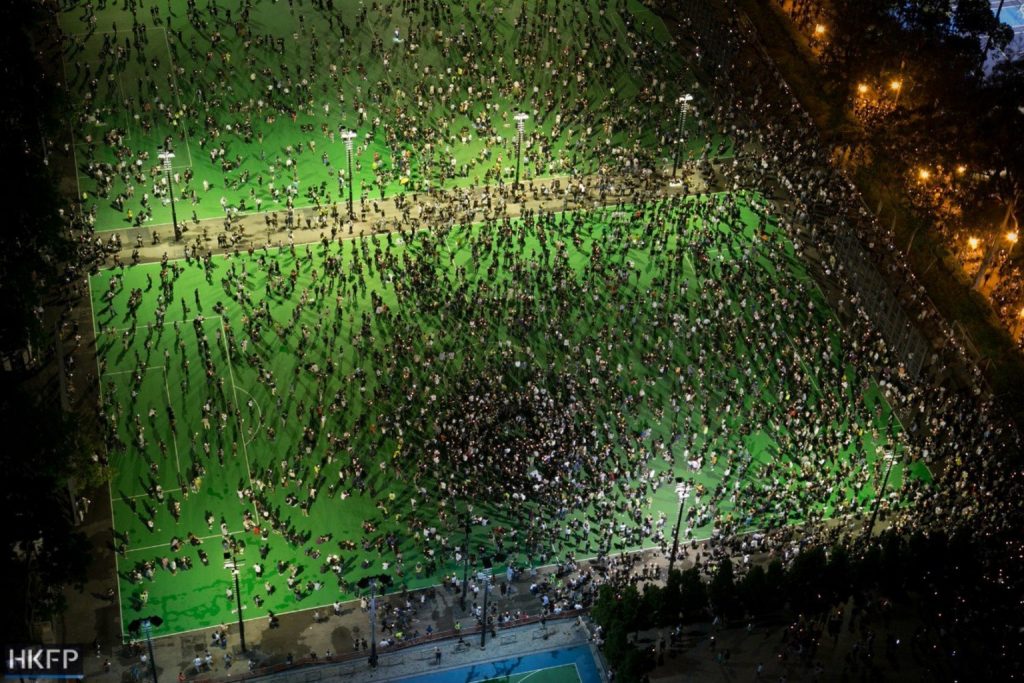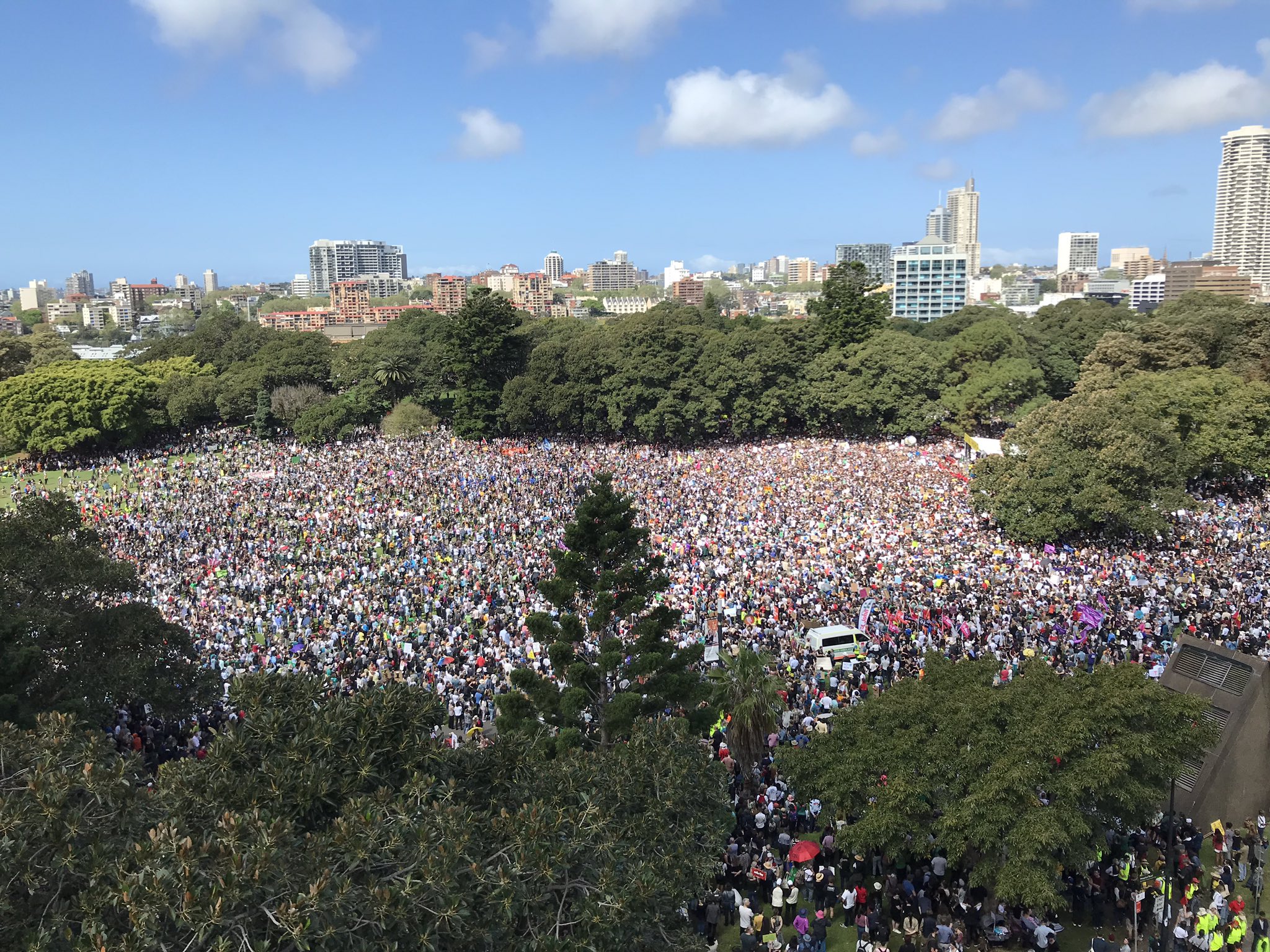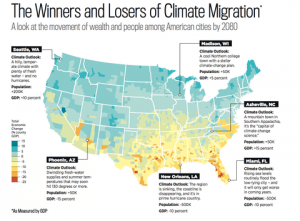
A very weird time, compared to now. Both in its strange surreality at the time, and within the context of the even more bizarre and dangerous fascism of today, the protest and massacres of hundreds during the student-led movement at Tiananmen Square in 1989 are a haunted monument to breakdown.
The Chinese state de-legitimized itself with the actions of the People’s Liberation Army on that day and the days that followed. It was only for the people to forget and become accustomed to the new stance of the state, and begin to defend it against further incursive protest. Fortunately, even with all of their successful efforts along so many economic fronts, the state has performed woefully in the fight against memory.
Many millions of Americans watched in awe at the courage of the protestors in the square, their wonderful, makeshift Lady Liberty, and then in horror as the square was cleared. Did we understand the source of the bravery of the individuals, the solemn esteem, honor and homage they presented to some of our very own institutions and well-noted principles in yearning for their own? We allowed ourselves to be flattered, perhaps even extended pre-virtual hand of support, of course otherwise held harmless. The protestors are right! How dare the Army? How dare the government kill its own people!
Having fetishized liberty and freedom practically of all meaning, what remains of our ability to reject, to fight oppression and coercion, to remember? We know what we are seeing this week. Can we recognize it?
Image: Hongkongers remember Tiananmen dead in Victoria Park, June 4, 2020








 You can imagine, outside any pull of nostalgia, a time when the internet was just a novelty. Before companies began to dream about monetizing our personal data. Before political campaigns began to mine that data for habits and proclivities, before our vulnerability to having weaponized popularity used against us (if only for a few minutes)… you had, what? Techno-utopianism is perhaps the saddest kind: dry, unfulfilling, obviously not harmless. But the gamed-out essence of online anonymity maxed into inflated presence with no actual power behind it beyond its allure brags a special brand of nerdy cache. With computer technology we began trading in a kind of currency we had never considered before we were already doing so. That’s why it was new but felt so familiar.
You can imagine, outside any pull of nostalgia, a time when the internet was just a novelty. Before companies began to dream about monetizing our personal data. Before political campaigns began to mine that data for habits and proclivities, before our vulnerability to having weaponized popularity used against us (if only for a few minutes)… you had, what? Techno-utopianism is perhaps the saddest kind: dry, unfulfilling, obviously not harmless. But the gamed-out essence of online anonymity maxed into inflated presence with no actual power behind it beyond its allure brags a special brand of nerdy cache. With computer technology we began trading in a kind of currency we had never considered before we were already doing so. That’s why it was new but felt so familiar.